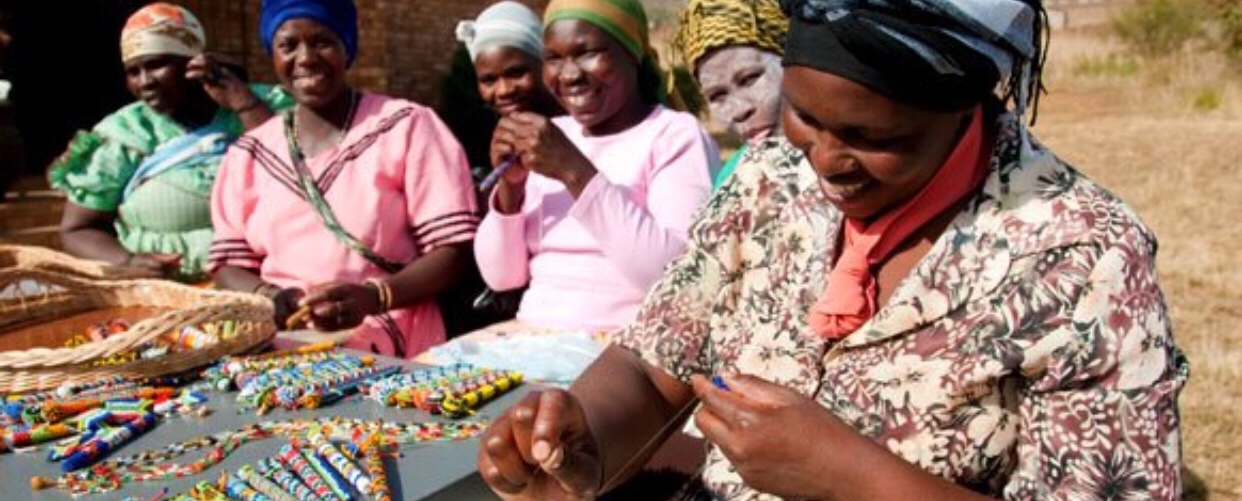What can be done to economically empower women in Africa?
Gerald Chirinda has on the Wirld Economic Forum blog written an interesting article about empiwerment of African women. Here it is:
“Women have long suffered stigmatization and marginalization globally. The number of women who still face challenges in reaching their full potential due to an uneven playing field is too high. Even still, I am encouraged by the women who have remained resilient in the face of adversity and committed to achieving their calling and purpose in life.

In a previous article, I wrote about the big questions for Africa’s next three decades, and it would be disingenuous to continue along this path without celebrating women and the extremely important role that they play on our continent. In December 2017, I had the privilege of participating in a meeting at Wilton Park on Taking Forward the Women’s Economic Empowerment Agenda, which brought together a diverse group of approximately 60 participants from 26 countries representing government, civil society and the private sector. This gathering gave me an opportunity to not only learn, but also un-learn some adverse norms and perceptions. Having been fortunate to grow up in Zimbabwe, in an era where women have been to a certain extent empowered, I have seen the positive results that empowerment brings.

Why women’s economic empowerment is important
I ask myself, what the world would look like if more women were empowered. In my research I was encouraged to learn that the highest share of women in the workforce globally are found in Africa, Zimbabwe being the highest with 52.8% and a Sub-Saharan average of 40%. However, women across the continent are more likely to be in informal employment relative to men. In the private sector, African women hold 23% of positions at executive committee level compared to a global average of 20 percent. At CEO level that number drops to 5 percent compared to a global average of 4 percent. Based on these statistics, it’s clear that the world has a long way to go when it comes to unlocking the gender dividend through the economic empowerment of women.
 Author: Gerald Chirinda
Author: Gerald Chirinda
Obstacles to women obtaining economic power
Regardless of the nature of employment (formal or informal), this issue needs to be addressed. An enabling environment has to be created at every level of society, starting within households. The home is where attitudes, ideas, values and beliefs are shaped and it is important that parents and guardians instill the right values and beliefs, as they work as enablers and catalysts for their children’s success. A child’s formative years are when cultures and norms are molded. It is important for parents to invest their time and be intentional in positively influencing and encouraging their daughters. It is equally important to teach boys the importance of respecting, honoring and empowering women. A study conducted by Legatum Institute shows that parenting courses are useful for embedding skills and values, however their impact is not being seen at scale due to two reasons – take up is limited and courses are limited in duration.
1). Limited take up is due to:
· Stigma: the politicization of parenting courses has often led the public to associate them with ‘troubled families’ and ‘poor parenting’
· Accessibility: courses should be delivered locally, with childcare provision, and in the evening after work
· Familiarity: parents needed to feel comfortable with the venue of the courses (schools, children’s centre, local church) and with the trainer or facilitators
2. Limited duration is due to:
· Cost: budget cuts have meant many local authorities are cutting back on even low-cost courses. Training is expensive for small charities or private enterprises
· Priority: while some local authorities prioritise parenting, some do not
· Format: due the the format of some of the courses, they become expensive to deliver”
Source: WEF, author Gerald Chirinda
You must be logged in to post a comment.